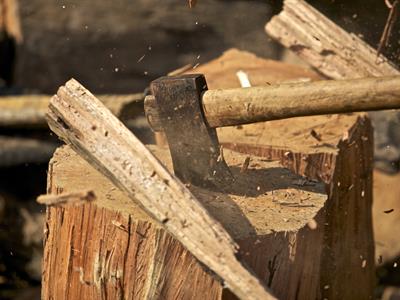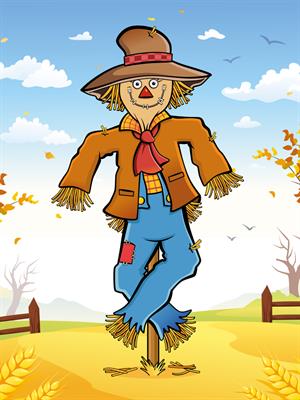
PUMPA - SMART LEARNING
எங்கள் ஆசிரியர்களுடன் 1-ஆன்-1 ஆலோசனை நேரத்தைப் பெறுங்கள். டாப்பர் ஆவதற்கு நாங்கள் பயிற்சி அளிப்போம்
Book Free Demo “What can you do? You ask what you can do?” cried Sergei, coming close to him. “Work! That’s what you can do! You must work!”
“Work — yes. I know that myself; but where can I find work?”
“How would you like to chop wood for me?”
“I wouldn’t refuse to do that, but in these days even skilled wood-cutters find themselves sitting without bread.”
“Will you come and chop wood for me?”
“Yes sir, I will.”
“Very well; we’ll soon find out.”
Sergei hastened along, rubbing his hands. He called his cook out of the kitchen.
“Here, Olga,” he said, “take this gentleman into the wood-shed and let him chop wood.”
The scarecrow of a beggar shrugged his shoulders, as if in perplexity, and went irresolutely after the cook. It was obvious from his gait that he had not consented to go and chop wood because he was hungry and wanted work, but simply from pride and shame and because he had been trapped by his own words. It was obvious, too, that his strength had been undermined by vodka and that he was unhealthy and did not feel the slightest inclination for toil.
Explanation:
Sergei screamed at him and told him that instead of begging with different lies, he could work. The beggar then stated that he was aware that he needed to work, but he wondered where he could find a job. After hearing the beggar's concern, Mr Sergei asked him whether he would like to chop wood for him. The beggar then stated that he would accept the offer made to him. On the other hand, he said that even the experienced woodcutters were currently unemployed.

Chopping wood
The beggar then said that he would chop wood for him. Sergei said that the beggar's willingness to work would be judged soon. Then he walked off, rub his hands and called the cook from the kitchen. The name of the cook was Olga. He asked Olga to take the gentleman to the woodshed and let him chop wood.
The beggar had the appearance of a scarecrow. It means the beggar is very badly dressed, odd-looking, or thin. He shrugged his shoulders after that. The phrase "shrugged his shoulders" literally means to make a gesture by lifting and lowering one's shoulders, often suggesting doubt or confusion. The beggar was confused and unsure of what to do, so he hesitantly followed the cook. His walk revealed that he consented to chop wood not because he was hungry or in need of work. But he felt ashamed and humiliated because his own words had trapped him. The beggar did not feel strong enough because he was addicted to drinking vodka and could not do hard, laborious work.

Scarecrow
Meanings of the difficult words:
| S.No | Words | Meanings |
1 | Wood-cutter | Someone whose job is to cut down trees and branches for wood |
2 | Chop | Cut something into pieces with repeated sharp blows of an axe or knife |
3 | Scarecrow | An object made to resemble a human figure, set up to scare birds away from a field where crops are growing; a person who is very badly dressed, odd-looking, or thin |
4 | Irresolutely | Showing or feeling hesitancy; uncertain |
5 | Perplex | A state of confusion or a complicated situation or thing |
6 | Consent | Permit something to happen |
7 | Inclination | A feeling that you want to do a particular thing, or the fact that you prefer or are more likely to do a particular thing |
8 | Toil | Work extremely hard or incessantly |
9 | Vodka | A clear, strong alcoholic drink made especially from grain or potatoes |
10 | Gait | A person's manner of walking |
Reference:
National Council of Educational Research and Training (2006). Moments. The Beggar – Anton Chekhov (pp. 62-68). Published at the Publication Division by the Secretary, National Council of Educational Research and Training, Sri Aurobindo Marg, New Delhi.